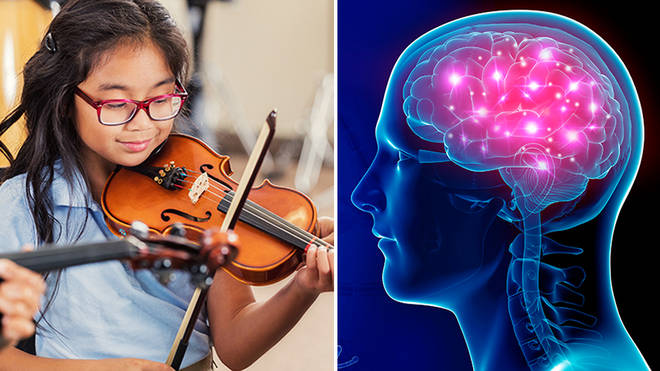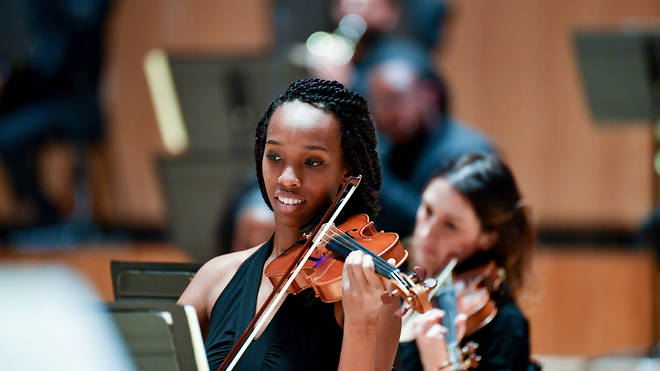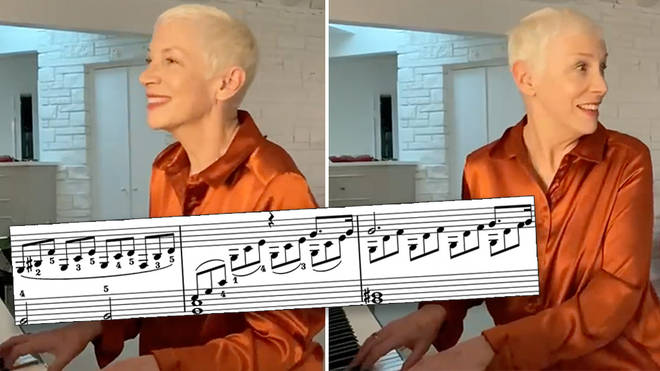
Scientists discover the “robust” effects of musicianship on brain networks.
Musicians who started young, and continued with their training, have more ‘connected’ brains, a new large-scale study has found.
The , led by experts from the Stanford University School of Medicine, used a sample pool of 153 musicians and non-musicians.
Among the musicians, 52 had – the ability to name a note without reference – and 51 did not. The other 50 participants in the study were non-musicians.
Scientists found a significant difference in brain structure in musicians who trained young, whether on , , or (or indeed, any other instruments within those families).
Specifically, the team discovered that those who started young had stronger brain connections than those who started making music in later life.
Study author Dr Simon Leipold explained that the longer musicians train, the greater the impact on their mind. “Musicians that began their training at a younger age had stronger structural connections than musicians with a later start,” he said.
“These results demonstrate how experience shapes the brain, especially early in life, and how enhanced musical skills are represented in our brain,” Dr Leipold added.
The team also found that musicians, whether or not they had perfect pitch, had stronger structural and functional connections than non-musicians.
Published in the journal J Neurosci, the paper used the biggest sample to-date to compare the brains of musicians with and without perfect pitch, but found no strong differences.
“Instead,” Dr Leipold says, “Absolute pitch may shape the brain in more subtle ways.”
Both groups of musicians showed sounder functional connectivity, and stronger white matter connections between their brain’s auditory regions and the areas involved in high-level processing.
“Our results suggest that long-term musical training is associated with robust changes in large-scale brain networks,” the team wrote in their paper.
Children, , start playing at 7.6 years of age – and popular thought says that children are more likely to pick up a musical instrument, and continue to play it, if they are introduced to it while at primary school age.
But, this doesn’t mean to say there’s ever an age limit on beginning your music-making journey. Here are some , who both took up an instrument on the other side of 30.






